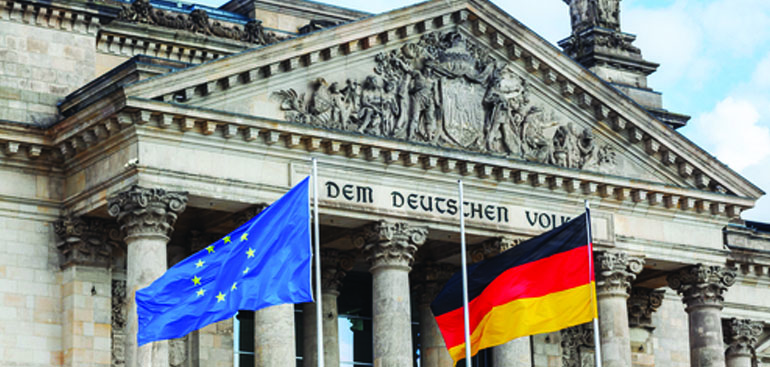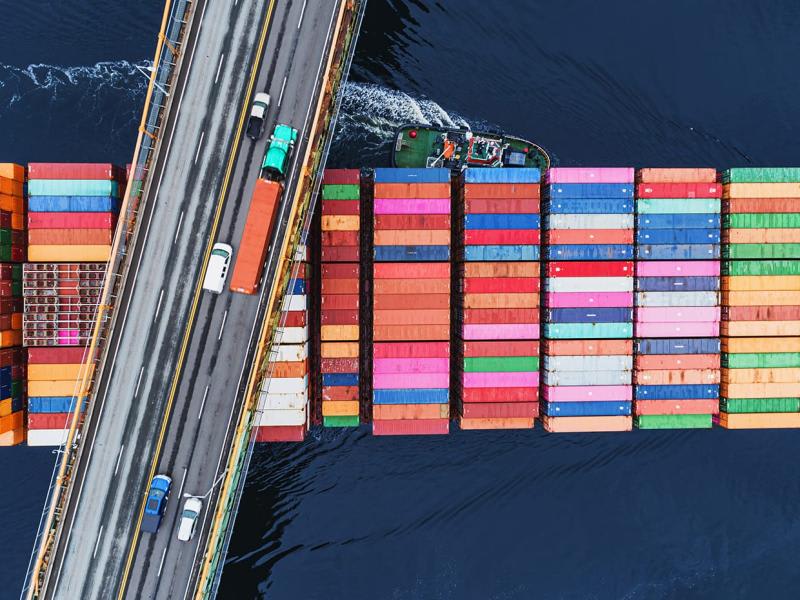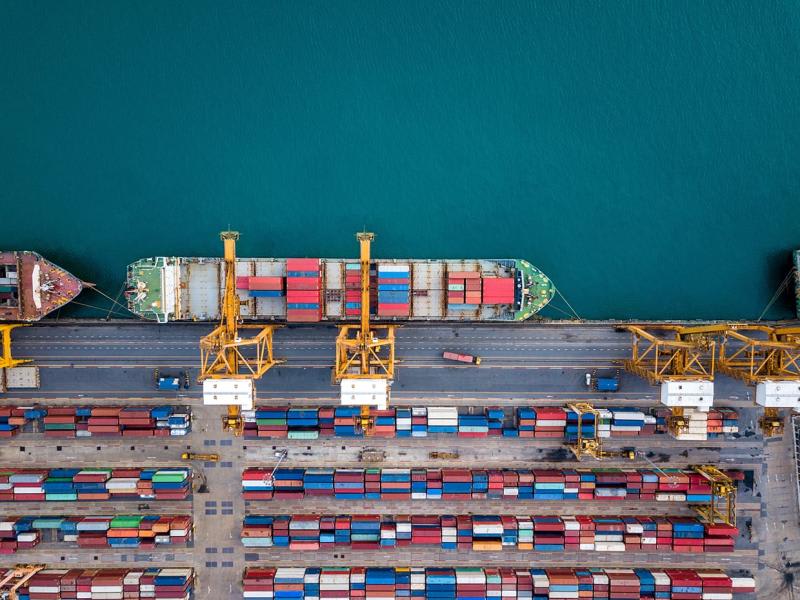
Chancellor Merkel may have won the election but she now faces a new political landscape in Germany, one that is increasingly inward looking. A nationalist right-wing party has become the parliament’s third largest party. At the same time, the Chancellor finds herself in tricky coalition negotiations with the Green and the Free Democratic Party (FDP), forming a “Jamaica-coalition” - in reference to the parties' respective colours: black, yellow and green - all of which is adding a level of insecurity for the German Mittelstand.
While the parties have reached an agreement on immigration, their views on tax still differ. The Greens would like to increase both the maximum income and corporate tax rate, but this stands in sharp contrast to CDU and FDP, both of which are rejecting any tax increases.
Rolf Mählmann, Partner at RSM in Germany, argues that “an increase of profit taxation for entrepreneurs and corporations would make Germany less competitive to other EU countries, particularly for domestic and foreign investments.”
The situation has undoubtedly created insecurity and triggered German industry to publicly demand the swift formation of a Government and further future investment in infrastructure to maintain Germany’s reputation as a business friendly country. The German Employer’s Association has urged the parties to come to a quick coalition agreement, highlighting that the upcoming four years will be crucial to generate economic growth, employment and security. German companies were now expecting a ‘brave start signal’, as stated by Eric Schweitzer, president of the Association of German Chambers of Commerce and Industry (DIHK), last Monday.
Leaning away from the old coalition’s rhetoric of Germany saving the EU, the FDP has successfully carved itself a lightweight Eurosceptic niche during the Federal Election campaign and will most likely exact a price on EU policy during the coalition negotiations. With an anti-European opposition and a global trend favouring deglobalisation, negotiations seem to be marked by a more inward-looking approach to the EU.
The FDP has called for a series of measures that could see the EU become a smaller market and would provide fewer opportunities for the Mittelstand to grow internationally. These include an insolvency law for EU member states, a proposal fundamentally rejected by the French, which would allow for states to be pushed out of the monetary union. The party is also seeking a raise of the European Central Bank’s rate of interest, which would bankrupt a number of southern European member-states and wants to abolish the European Stability Mechanism.
Until now, the German Mittelstand has benefited greatly from the Single Market that the European Union provides. Studies, by the World Price Index for instance, have found that while the Euro is undervalued in Germany, it is too strong for other member states and this divergence boosts German exports.
Mählmann reiterates: “There is a need for a stable government and decisive decision making to achieve real progress for German industry. There is a risk that, should the coalition building process last several months and finite agreements not be forthcoming, another election may be on the horizon. This would paralyse Germany’s government and postpone important decisions impacting the German Mittelstand.”
It is unclear if the financial relief of not having to support less stable countries by removing them from the Eurozone FDP’s suggested removal of from the Eurozone would extend the financial gains that come from German exports to these countries. What is clear, however, is that a crumbling EU coupled with an instable coalition with a nationalist AfD in opposition, would send a message of political insecurity that would not be good for the German Mittelstand. Whatever the result of the negotiations, the Mittelstand must be prepared to reach across borders both inside and outside the Single Market.







